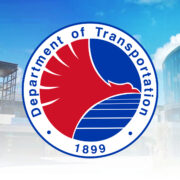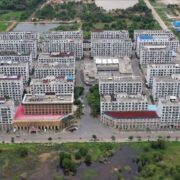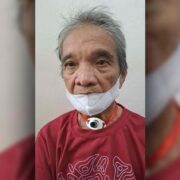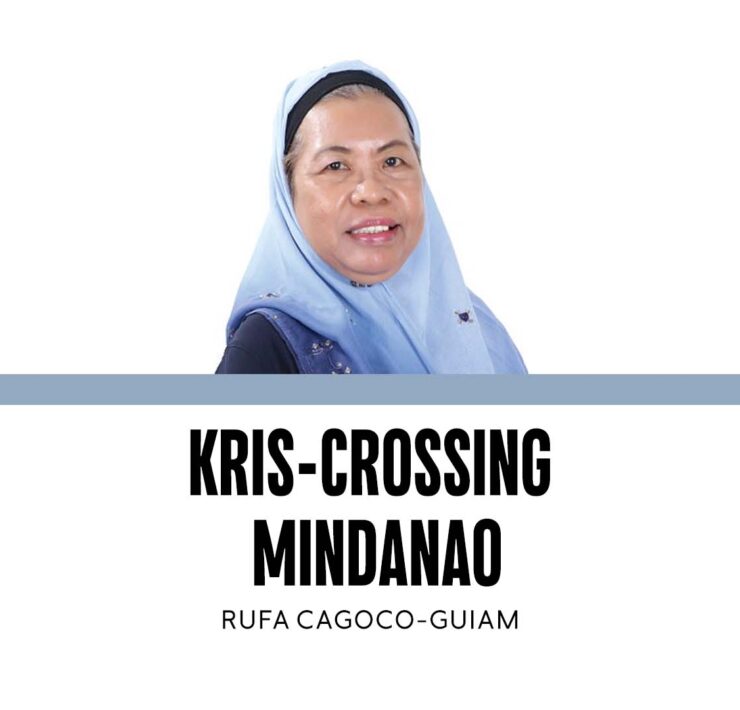BARMM transitional justice body is imperative
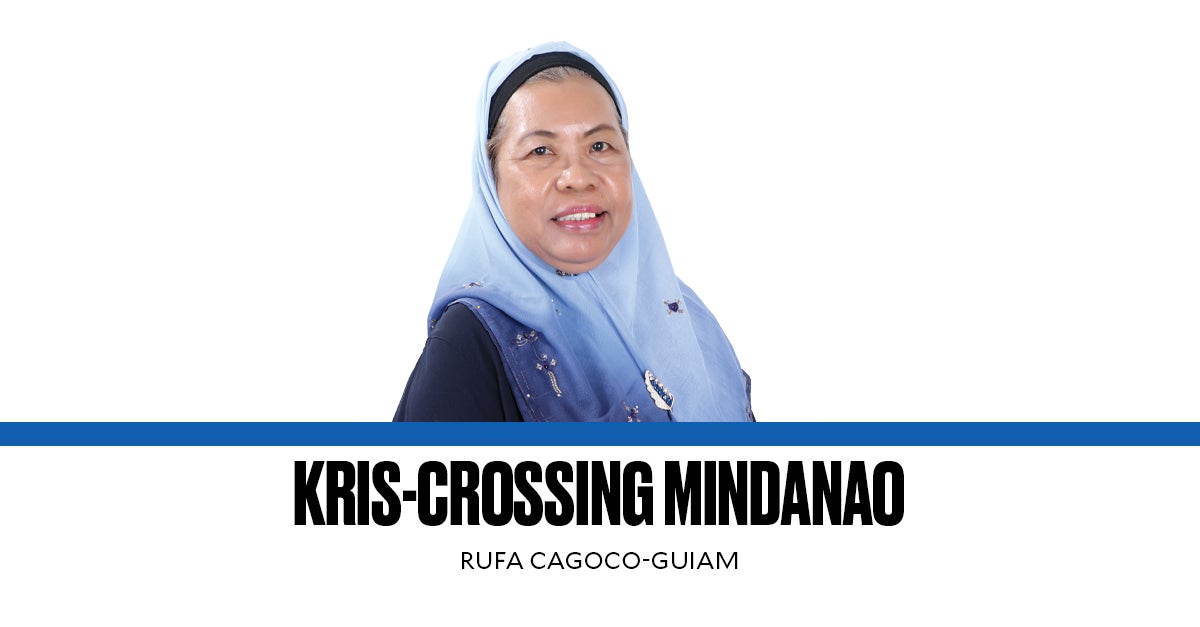
Davao City—Last Saturday, May 24, 2025, together with 10 other experts and scholars on transitional justice, I participated in a roundtable discussion on the passage of Bangsamoro Transitional Authority (BTA) Bill No. 353 conducted here. The proposed act seeks to establish a Bangsamoro Transitional Justice and Reconciliation Program, creating for the purpose, a Bangsamoro Transitional Justice and Reconciliation Commission (TJRC).
We were handpicked to review the salient points of the bill after it was presented in the interim regional parliament or the BTA plenary session during the resumption of its regular session. The interim parliament had a break during the month of Ramadan (the last two weeks of March and the first week of April 2025).
BTA Bill 353 is one of the priority bills identified by the current interim Chief Minister, Abdulraof Macacua.
According to its main drafters, the bill is envisioned to be passed into law before the first parliamentary elections in the Bangsamoro Autonomous Region in Muslim Mindanao (BARMM) on Oct. 13, 2025.
Because of its high priority, the bill is expected to be discussed in various public consultations to be conducted in June and July this year, so that its authors will have ample time to revise it according to the recommendations synthesized from public consultations.
The May 24 roundtable discussion was a prelude to the planned provincial and/or sectoral consultations to ensure wide participation in crafting its final version that will be passed into law before October.
My participation is part of a collaboration with another component in the Support to Bangsamoro Transition (Subatra), the Society and Justice Project funded by the European Union, and the Agency for Spanish International Cooperation and Development. I am part of the team that lays down guidelines to enhance public administration reform capacity and institution building in the region. Subatra started its operations in 2021 and is concluding its last few activities in June 2025.
Member of Parliament and Minister of Basic, Higher, and Technical Education Mohagher Iqbal, on behalf of the government of the day, presented the bill. The current BTA is composed of both new and former members, with the new members appointed by President Marcos, in a rather surprising move (although some observers already had prior information that this would happen) within the third week of March.
This was a timely move on the part of top officials of the Moro Islamic Liberation Front (MILF) and leaders of the BARMM. For the last five years of the transition period, peace and justice advocates have invariably pushed for the passage of a law that will establish a Transitional Justice and Reconciliation Commission in the region. I am one of these advocates, having been deeply involved in the study tasks of the interim TJRC organized by the two panels of the MILF and the Philippine government, which signed the Comprehensive Agreement on the Bangsamoro on March 27, 2014.
In 2014, I led a 26-member community facilitators’ group, who gathered narratives among members of 211 communities in the autonomous region and related areas that experienced a wide range of human rights violations, including massacres, torture, rape, and other forms of gender-based violence during the dark period of martial law from 1972 to 1985. These narratives are compiled in a four-volume report of the TJRC and could still be accessed through the now-defunct interim TJRC through its website (tjrc.com.ph).
The voluminous reports we gathered through an interactive community discussion, called the “listening process,” have pointed out the rationale for an arduous and painstaking peace process. This is how to deal with past atrocities, find out who were responsible for these, seek justice for those who had been wronged, and provide reparations as a way toward social transformation, healing, and reconciliation.
The national government must put institutional reforms in place to guarantee that past atrocities and acts of impunity will not recur in the present or in the future. This is the core of transitional justice—addressing past atrocities and establishing institutional reforms so we can have a future that will guarantee nonrecurrence of past atrocities and other acts of impunity.
A colleague in the Independent Working Group on Transitional Justice has often asserted that “transitional justice is the heart and soul of a peace process.” However, after more than nine years, we are still to see a TJRC body—both at the national and regional levels—established and made functional. The peace process has been running without a heart and soul—transitional justice.








